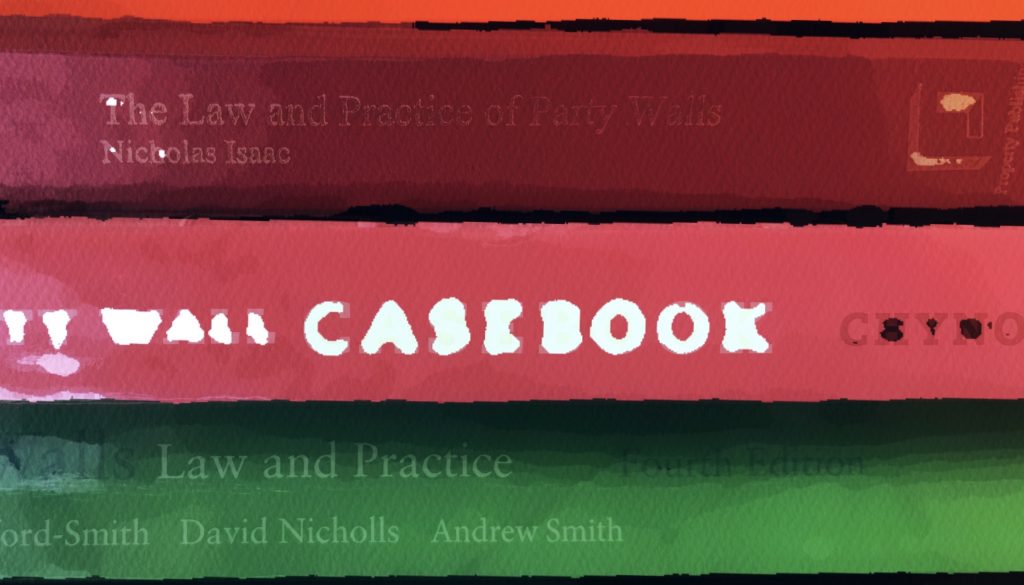Party Walls; no dispute; ultra vires; surveyors’ fees
Summary:
A subsequent dispute between appointing owners must be established in order to ground jurisdiction for party wall surveyors to have jurisdiction to make further awards after an initial substantive award.
Facts:
Ms Evans, the Appellant, was the owner 10 Princes Gate Mews, London (“No.10”) and the building owner for the purposes of the Party Wall etc. Act 1996 (“the Act”). Ms Paterson and Ms McGeevy-Harris were the adjoining owners of 11 Princes Gate Mews (“No.11”). Mr Newton was the building owner’s party wall surveyor, and Mr McAllister was the adjoining owners’ party wall surveyor. Mr Alex Frame was the selected third surveyor.
Ms Evans wanted to construct a basement at No.10. She served notice and subsequently obtained a substantive award dated 23 October 2015 authorising the necessary notifiable works. An inconsistency between the substantive award and the accompanying drawings led to works being paused until a third surveyor’s award made on 11 May 2019 allowed them to proceed.
After completion of the works, in June 2019, the adjoining owners complained to Mr McAllister of cracking to the party wall. Mr McAllister inspected in November 2019, and on 17 June 2020 the party-appointed surveyors made an award in respect of compensation to be paid by the building owner to the adjoining owners in respect of such crack damage – £8,130 in respect of redecoration, £945 for the building owner’s surveyor, and £2,850 for the adjoining owner’s surveyor.
The building owner appealed the award for compensation on several grounds, the first of which was that the compensation award was a nullity because the surveyors had exceeded their jurisdiction. This was heard as a preliminary issue before HHJ Backhouse.
Decision:
HHJ Backhouse found that neither the adjoining owners, nor (either of) the party-appointed surveyors had communicated the fact or extent of alleged damage to the building owner, nor quantified the compensation claimed by the adjoining owners. The first the building owner knew of these matters was when she was served with the compensation award. Consequently the judge held that there was no dispute between the owners, and further held that such a dispute was a prerequisite to an award for compensation under section 7(2) of the Act.
The judge also rejected arguments, based on clauses in the first two awards, that the party-appointed surveyors had an ongoing jurisdiction to make awards. To the extent the previous awards purported to give the surveyors such jurisdiction, she held those earlier awards to be ultra vires.
Finally, the judge rejected the argument that the surveyor’s costs provided for in the compensation award were independent of the award of compensation, and could therefore survive the award of compensation being declared ultra vires.
The entire compensation award was therefore set aside.
Comment:
This decision appears to be wholly consistent with that made by HHJ Simpkiss in Lion Homes (Sussex) Ltd v Brighton & Hove City Council. Both of these cases ought to act as reminders to party wall surveyors that they do not enjoy an unlimited ongoing jurisdiction to make awards subsequent to an initial, substantive award, but must ensure that a subsequent dispute between the appointing owners exists as a prerequisite to such jurisdiction.
A full copy of the judgment in this case can be found here
